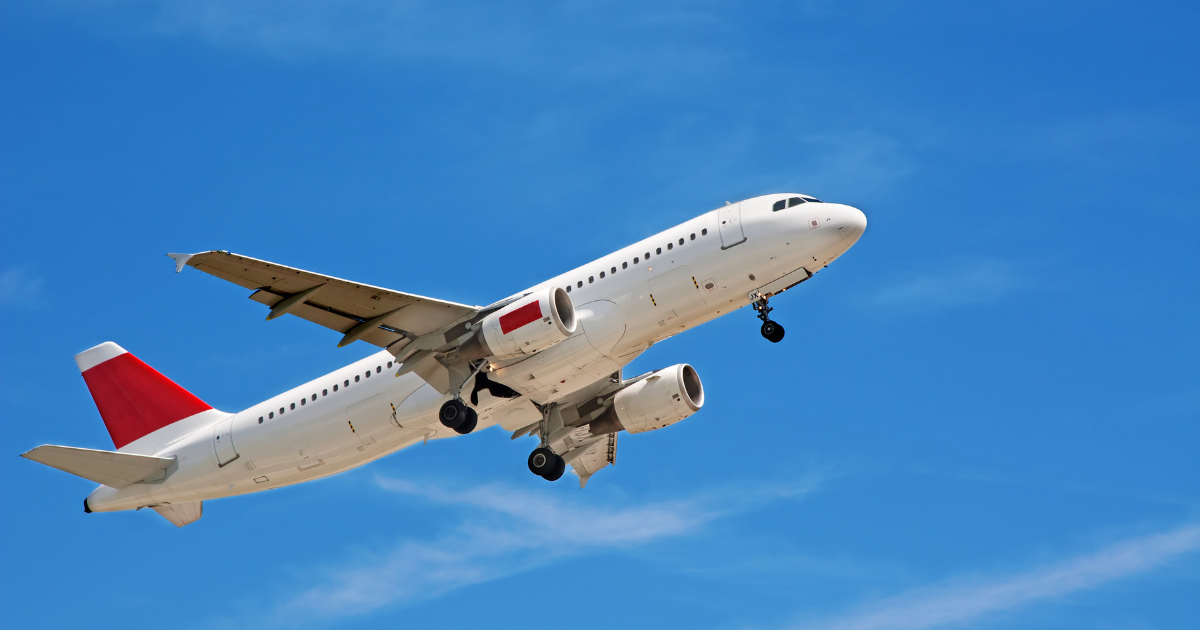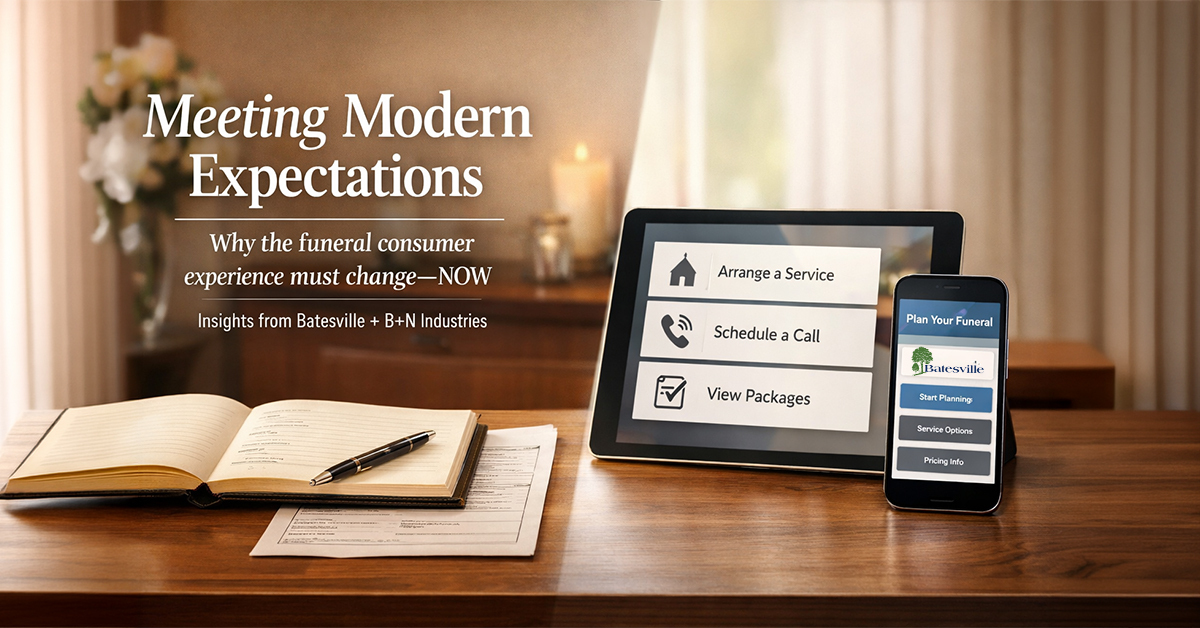The FTC Chair is Worried Airlines Will Use AI to Target Bereaved Travelers
Like it or not, artificial intelligence (AI) is here, and little by little, it’s infiltrating deathcare. For the most part, this is a good thing, as AI-powered tools like Tribute’s and Passare’s obituary writers free up time in your day and AI bots can help to ease the grieving process for the families you serve. However, the chair of the Federal Trade Commission (FTC) is worried those same bereaved families may become targets of price manipulation thanks to AI technology … and the airlines.
Manipulating the bereaved
On September 19, FTC chair Lina Khan spoke about her fears of AI misuse at Fast Company’s 10th Annual Innovation Festival. As she warned about the AI-assisted acceleration of online scams and new frauds like voice cloning, Khan also brought up the potential of price discrimination. For that reason, Khan worries that airlines could begin using AI to jack up airfares for passengers they’ve determined are traveling to attend funerals.
According to Business Insider, Khan explained that companies could easily enable AI to gather personal data then use that information to selectively increase prices. She used examples such as charging people with nut allergies a higher price for nut-free granola bars, or restaurants creating personalized menus with QR codes. Most concerning for deathcare, though, is what Khan said next.
“Or somebody being charged more for an airplane ticket because the company knows that they just had a death in the family and need to fly across the country,” Business Insider quoted Khan as saying.
Surge vs. surveillance
Price manipulation like this is different from surge pricing, Khan explained. She added that the FTC is already investigating surge, or dynamic, pricing, which means raising prices to capitalize on high demand, like summer rates for beach condos or higher ride-sharing rates when fewer drivers are available.
Khan said the concept of using personal data to selectively increase prices is known as “surveillance pricing,” and would involve firms like airlines or restaurants using the vast amount of information amassed by digital companies during every online interaction.
With the airline example, determining who is traveling to attend a funeral would be rather straightforward, even though only a handful of airlines still offer bereavement fares. Using AI, airlines could pull information from a traveler’s social media accounts to see if they’ve posted about a death in the family; they could use their search history to find out if they’ve Googled the funeral home location; a scan of their financials could reveal a purchase of a memorial tree or floral arrangements; they could even scan the deceased’s obituary for mentions of the traveler’s name.
Tech inquiry and digital shelf tags
As the youngest FTC chair in history, Khan has already built a “reputation for going after Big Tech,” says Fast Company. Although there is no official FTC investigation into surveillance pricing, the organization recently requested information from eight major companies on how they use consumers’ personal data in four areas, including product and service decisions and pricing. The results of that inquiry are still pending, Khan says.
Khan is also concerned that the public’s general acceptance of surge or dynamic pricing may make people less resistant to surveillance pricing, if they even notice it at all. Surge pricing is being implemented in more and more industries and situations. Business Insider found that Wendy’s plans to implement digital menu boards for “‘suggestive selling based on factors such as the weather,’ like pushing a cold Frosty on a hot day.” They also reported that Walmart plans to implement digital shelf tags next year, although a spokesperson told them those would “not be used to surge prices during high demand.”
Khan, says Business Insider, hopes her inquiry will determine what AI-enabled surveillance pricing is occurring and how it will impact consumers.
“Because we, I don’t think, want to wake up one day where this is just now the new normal,” she said. “We want to be able to figure out: is this really an economy and society that we want to be living in, or do we want some guardrails there.”




